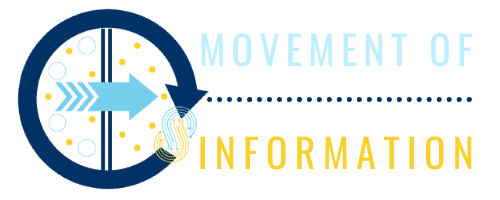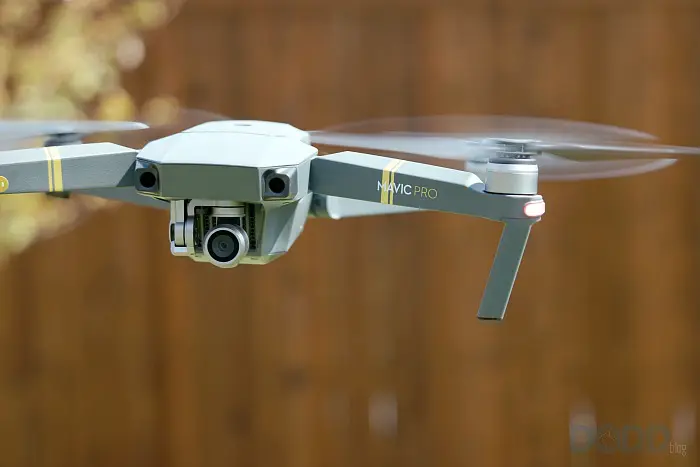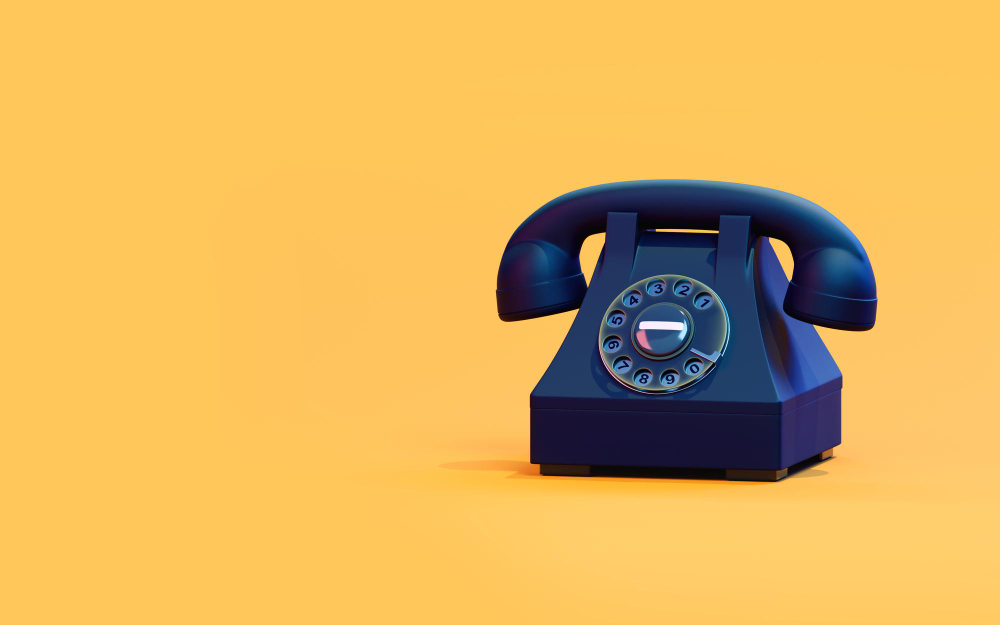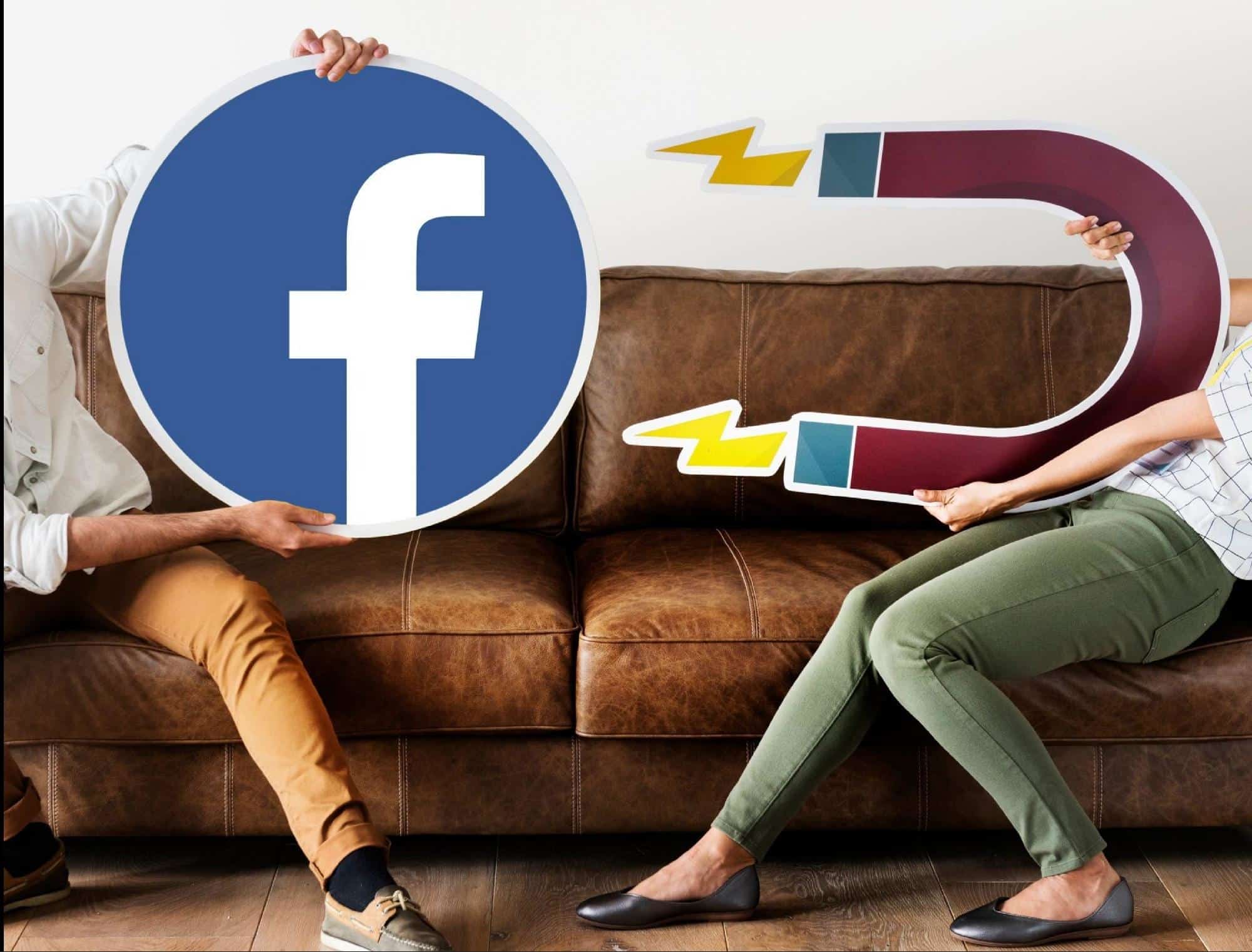The sun puts off an enormous amount of energy during the day. This energy is used by plants to make their food and by the earth to warm itself and the air, but there’s still plenty that is simply reflected back into space.
Solar panels are man’s way of harnessing this clean, natural energy and putting it to good use.
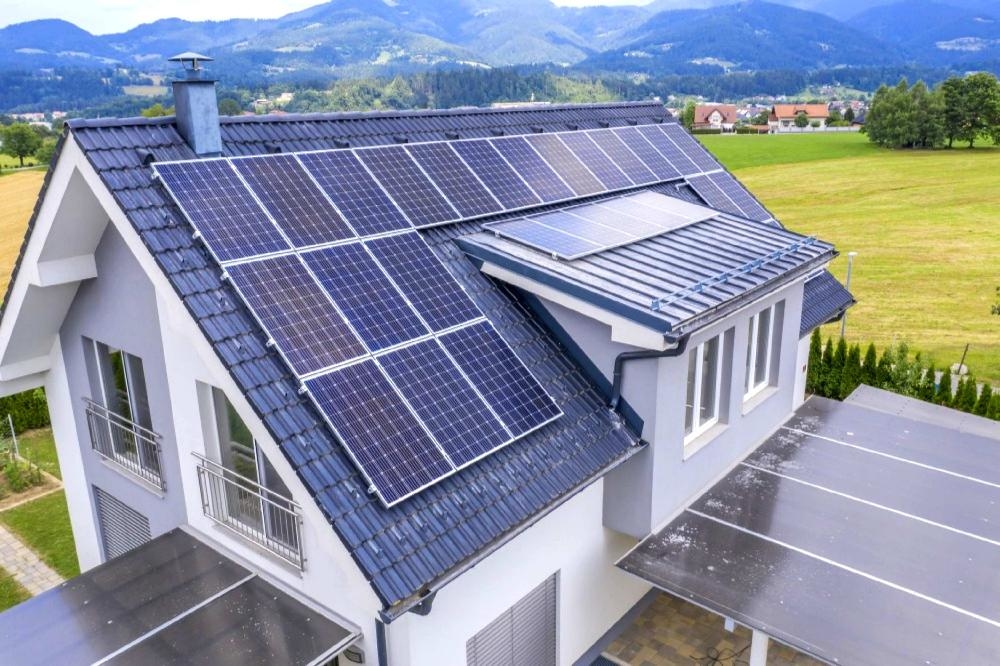
What do I need to know about solar panels?
To understand solar panels, you need to understand heat transfer. All the energy on the earth comes from the sun, when it hits the surface; it is either reflected or absorbed.
Reflection is why we see objects around us; we’re actually seeing the light that reflects off of them. When light is absorbed, it then heats the object.
How can I learn about solar power?
Instead of reflecting energy back or turning it into heat, solar panels collect the energy and transport it down to batteries to be used later. They can be made of various materials.
Some newer technologies are even using plastic.
You may think solar panels are just for businesses or for those do it yourself scientist dads in TV shows and movies, but it’s fairly simple to make your home more efficient and green by installing solar panels.
What should I look for when buying solar panels?
The first question to ask is what type to buy. What you get is going to depend on your energy needs, how much space you have, and how much you’re willing to spend.
While you can get a certain amount of power from a small panel with newer technology if you have more room you can get a larger panel with the same total output for a lower price.
If buying panels that aren’t new, you need to look into how old they are. The longer panels have been used, the less efficient they are.
How many solar panels do I need to power my house?
Once you’ve bought your solar panels, it’s helpful to put some extra thought into where to install them. While a certain place may be hidden and more visually appealing, it may not have the best sun exposure.
Unless you have a Ford F-150 with a Pro Power onboard generator to maximize your energy, you can put your panels in an area that is not shaded for most of the day. You can even buy mechanisms that will tilt your panels throughout the day to follow the sun.
There is one big factor that makes solar energy far superior to wind or water power. It has little to no effect on the area around it. Using water power for energy keeps it from being used by wildlife to drink and live in.
What are the disadvantages to solar energy?
Wind power disrupts local air flow and can endanger birds that fly too close. Solar panels, however, don’t disrupt anything around them. They just sit there and soak in the sun.
There is one big downside to solar panels. You need sun!
If it’s cloudy or dark out, they’re not going to be much help. That’s why they’re a great way to supplement your other power sources around your home.

